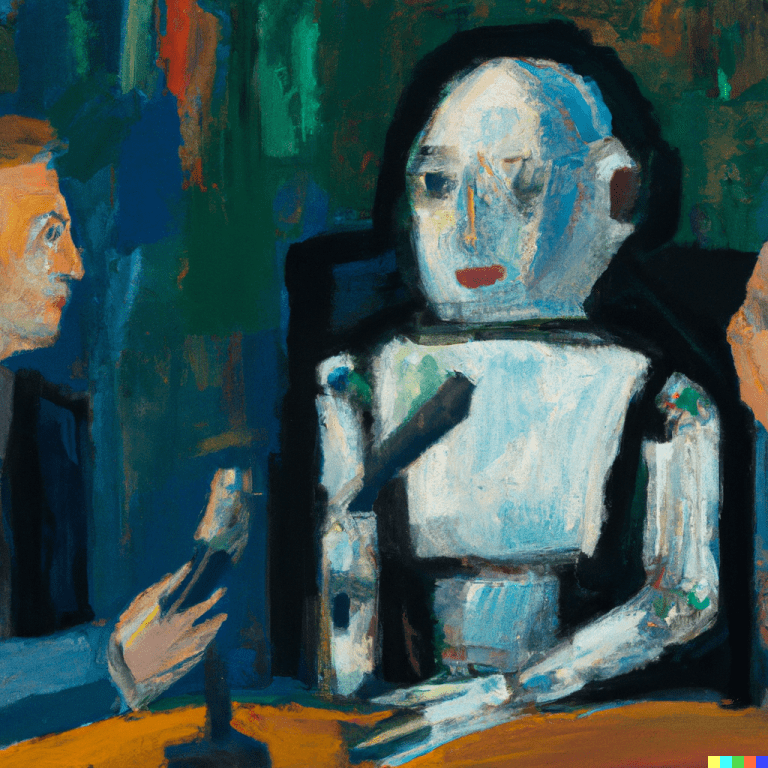Scanning the Horizon: The State of Ray Kurzweil’s Music & Sound Predictions
Alison embarks on a journey into the future with a critical look at Ray Kurzweil’s 1999 predictions. In 2024, we’re witnessing the emergence of spatial audio, algorithmically-generated music, and virtual celebrities. While not a perfect prophecy, Kurzweil’s foresight sparks fascination, offering a glimpse into the intersection of AI, music, and the evolving landscape of machine-generated creativity.








